Destined to protect a world that hates and fears them, the X-Men have a built-in premise that has helped it appeal to outsiders as well as people who think metal claws are awesome, making it one of the top franchises of all time. With that kind of plot-delivering gold, you don't always need to make sense. Yet, sometimes the Fox films made it seem like this series was doing everything in its power to confuse its audiences.
The Fox/Disney merger killed a lot of X-Men movies ideas, but laying this series to rest also means a fresh start. At any rate, it might let us finally let some of our major questions leftover from this run of films when we have something new to obsess about, for instance the introduction of mutants to the MCU or the upcoming animated series reboot. Until then, we're still here, scratching our heads over some massive continuity errors.
Timeline
We'll just go ahead and get to the elephant in the room right off the bat; the timeline of these films is wild. Even fans that have sincerely attempted to make it make sense generally end up throwing their hands in the air by the time the fourth film rolls around. This lack of coherent continuity didn't turn out to be much of a dealbreaker for audiences to begin with, and some later entries were incredibly successful.
Yet, it's also true that this became a series with diminishing returns, plagued by concepts stretched too thin, lopsided focus on Xavier, Magneto, and Wolverine, and a lot of wasted potential. Even trying to watch the Fox X-Men films chronologically can present a challenge, making this one of the most unnecessarily confusing timelines in genre history, which is saying a lot.
So, What Is The Phoenix, Exactly?
The Dark Phoenix Saga is one of comics' greatest stories and an early example of audiences sitting up and taking notice of what was generally considered a lowbrow art form. Yet, as great as the story is, it's not one that easily translates to film, as it relied heavily on the long-term serial format that comics could provide. Slowly watching Jean Grey's at-the-time unprecedented descent into villainy after she had become the central figure of the team was a unique experience.
The films sought to cash in on the popularity of the story without bringing the nuance that would be required to make it click in the same way. The two films based on the Dark Phoenix Saga are both critical failures, and though the performances do a lot to counteract that overall negative opinion, it's understandable that fans were irritated by a franchise that couldn't cohesively explain what the Phoenix even is. At times comparing it to a mental illness then connecting it to an as-of-yet-unheard-of alien species made for the kind of mess that no one is about to begin cleaning up anytime soon.
Mystique in Her Entirety
There are a lot of conflicting plot points when it comes to Mystique. Her relationship with Beast takes up a ton of screen time in flashback films but is never mentioned in X-Men: The Last Stand, her impersonation of Stryker doesn't add up for the timeline, and the desire to use her DNA to grant Sentinels the ability to mimic multiple power sets doesn't add up with anything we know of her powers.
Yet, these are all plot discrepancies that we could forgive if we had even a little character consistency from film-to-film. Every entry in the canon displays Mystique as a totally different character than the last, making her the true wild card of the franchise in that even the writers didn't seem to know who she was or what her purpose was. She goes from a ruthless mercenary to a hero to young mutants and back again with very little explanation. By the time she dies in Dark Phoenix, it barely garners a reaction. Who is this woman?
Darwin...Dies?
First Class was originally a Magneto prequel, but it ultimately evolved into something more. Yet, one major failing of the film is the character it chose to unceremoniously off. That's Darwin, the one character who was quite literally unkillable due to his adaptive power set.
In the comics, Armando Munoz has a tragic backstory, but even being fully absorbed by the villainous Vulcan during X-Men: Deadly Genesis was something that he was able to bounce back from. His powers change in response to any threat, including some pretty strange ones. All of this made it surprising to see him die in his big film debut. The conversation around this bizarre travesty is ongoing, with even the actor that portrayed him onscreen, Edi Gathegi, criticizing the choice.
Many Emmas, Moiras, Victors, Warrens and Trasks
Swapping out actors from film-to-film is understandable in a franchise that runs over several years. Yet, the X-Men movies consistently introduced multiple versions of the same characters while making them irreconcilable with earlier versions. For instance, Emma Frost is a teenager in X-Men Origins: Wolverine, while First Class, set at least a decade earlier, showed a villainous adult Emma.
Again, this is the kind of thing that could be forgiven if it wasn't such a constant in the series. Moira MacTaggert, Warren Worthington, Victor Creed, and Bolivar Trask all have doubles that appear to have been transported in from a What If...? story without anyone mentioning that was what happened.
Dropped the Ball on Wolverine & Yukio Buddy Comedy (Oh, and the Claws)
The worst part of The Wolverine is that the post-credits scene teased the classic yellow and black outfit while suggesting that he would be teaming up to enjoy adventures with the scene-stealing Yukio (Rila Fukushima) and nobody ever delivered on it. Dangling the most fun concept ever right in front of our faces just to pull it away was the greatest continuity error of our hearts.
Perhaps more importantly, there's the whole claws thing. At the end of the film, Logans metal claws were destroyed, and bone claws grew back in their place, yet when Days of Future Past kicked off, the metal had returned. This has been explained as Wolverine's actions in the follow-up having altered the timelines so that now X-Men 1, 2, and 3, as well as The Wolverine, never happened. Again, not sure if that adds up for the timeline, but we're willing to let it go. The lack of buddy movie, however, we cannot get over.
Xavier is (Un)dead
Professor X poses a number of continuity errors, including apparently just boldfaced lying about the creation of Cerebro. Perhaps none are so great as the simple fact that he is a dead man. After being killed by Jean Grey during a fight that he starts, the X-Men quickly mourn him for a single scene before getting on with the plot. In follow-ups, the Professor has returned to the world of the living.
The movie admittedly features a post-credits scene in which Xavier transfers his consciousness, and we've been informed through DVD audio commentary that this was apparently his comatose twin brother. Having well surpassed soap opera levels of confusion, we're happy to smile and nod and pretend that it makes sense.
So, What's Magneto's Goal, Exactly?
Like Mystique, Magneto is all over the place in these movies. Switching from a family man trying to live the simple life to a mutant bent on revenge to an egomaniacal mutant rights activist that doesn't seem to actually care about mutants, it's difficult to know exactly what way he's going to go from film to film. Though often one of the most likable characters of the series, it's not always easy to see what his endgame is.
Setting aside the sheer disbelief that he would be allowed to simply retire to live freely in the woods in Dark Phoenix after any number of crimes he'd committed at that point, there is still a general sense of bafflement that he would have chosen that to begin with. Erik, you are a riddle inside a conundrum wrapped up in a puzzle.
Guns Do a Lot, From Curing Mutants to Giving Amnesia
X-Men stories across mediums regularly feature story arcs in which a mutant's powers can be negated or otherwise removed, which in itself doesn't make a ton of sense considering the way those powers are generally linked to the genetic makeup of each respective character. Yet, even more chaotic, in X3, simply shooting a mutant with a special gun can depower them.
This is not the only time guns are capable of paradoxical feats. In X-Men Origins: Wolverine, getting shot causes Logan's amnesia. Origins is full of plot holes and improbable moments, including scenes in which wolverines are portrayed as wolves, so it's probably best to quit while we're ahead on this front.
So, What Is Erik and Charles' Relationship, and When Did They Meet?
Fan fiction readers around the world know, Cherik has one of the most prominent and long-lasting contingency of shippers the X-Men have ever known, and it's easy to see why. These two have incredible chemistry, outshining some canonical relationships (we're looking at you, Beastique). Sometimes, even asking us to believe that these two are "just friends" is a continuity error in itself.
Yet, if friends they are, then when the heck did they meet, and when did they become foes? The first film notes that Xavier met Erik when he was seventeen years old, but that doesn't add up when they are shown becoming buds in First Class. Likewise, the two could not have become enemies at the end of the film when a flashback in The Last Stand saw them still on apparently friendly terms in a flashback to the 1980s. Part of loving the X-Men means letting the sliding timeline make its own rules, but doing the math on this is enough to cause a telepathic headache.

-2.jpg)
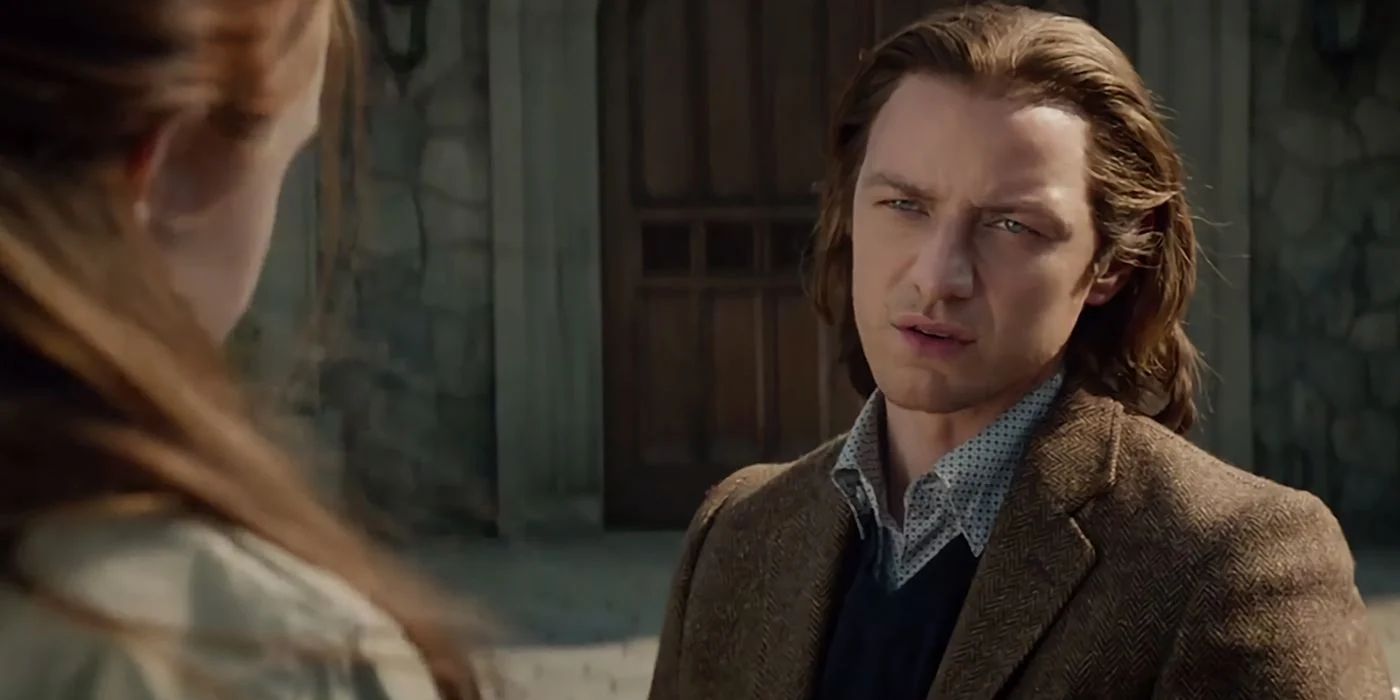
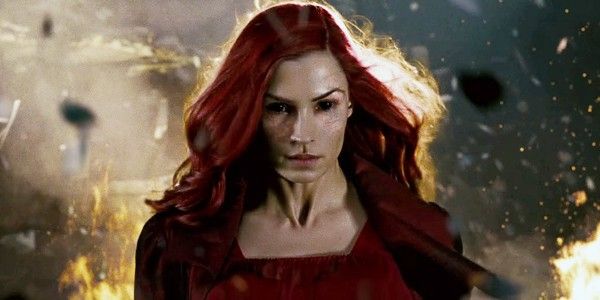
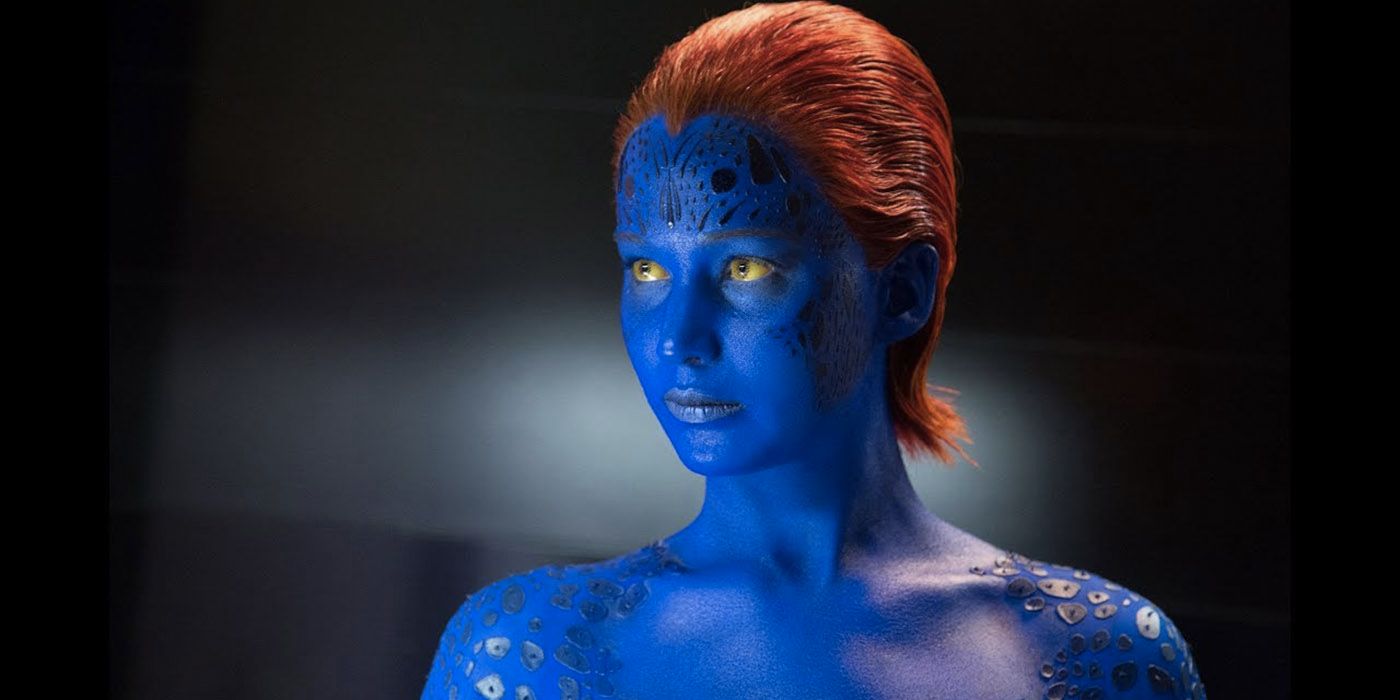
-14.jpg)
-16.jpg)
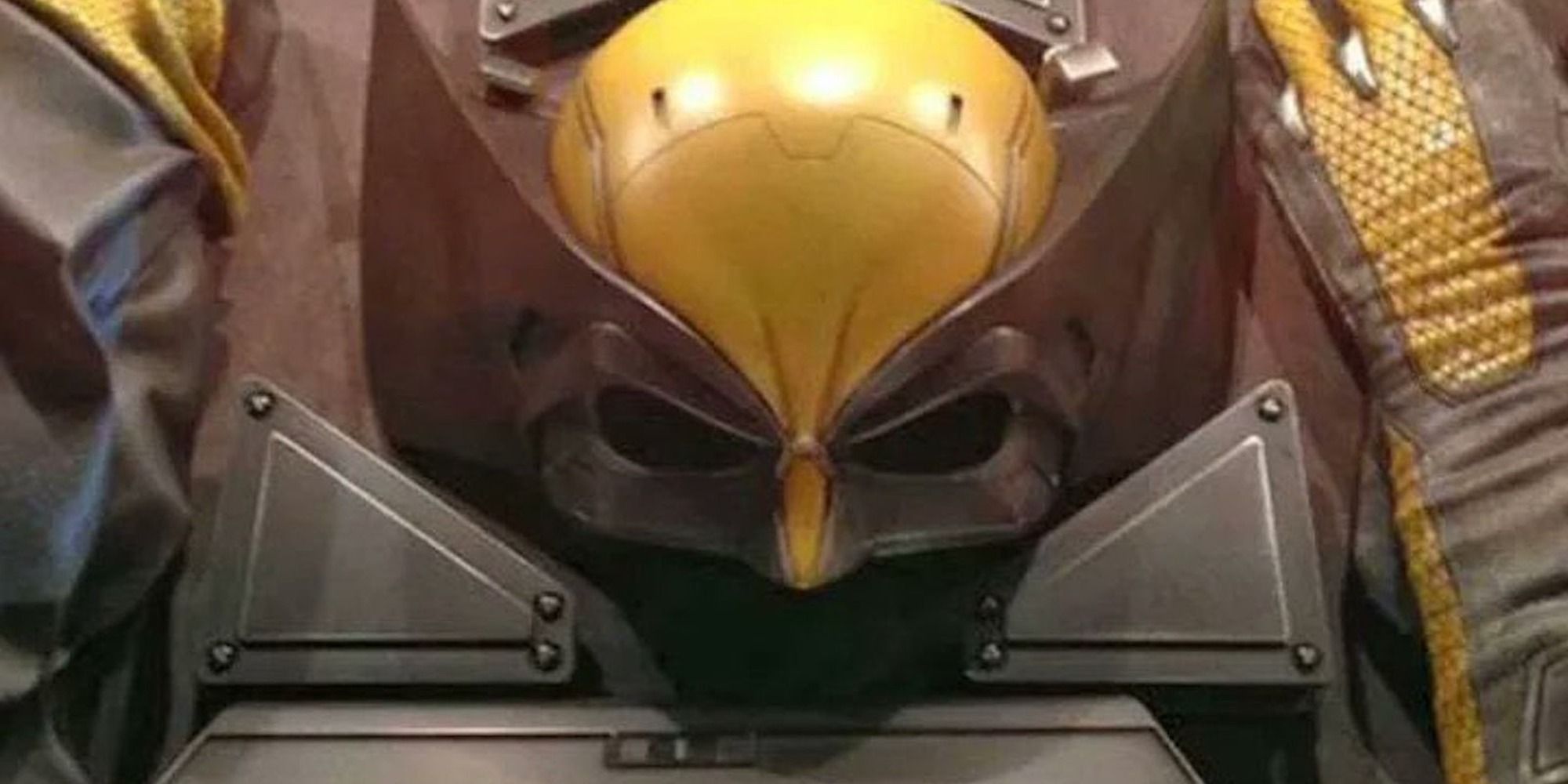
-17.jpg)
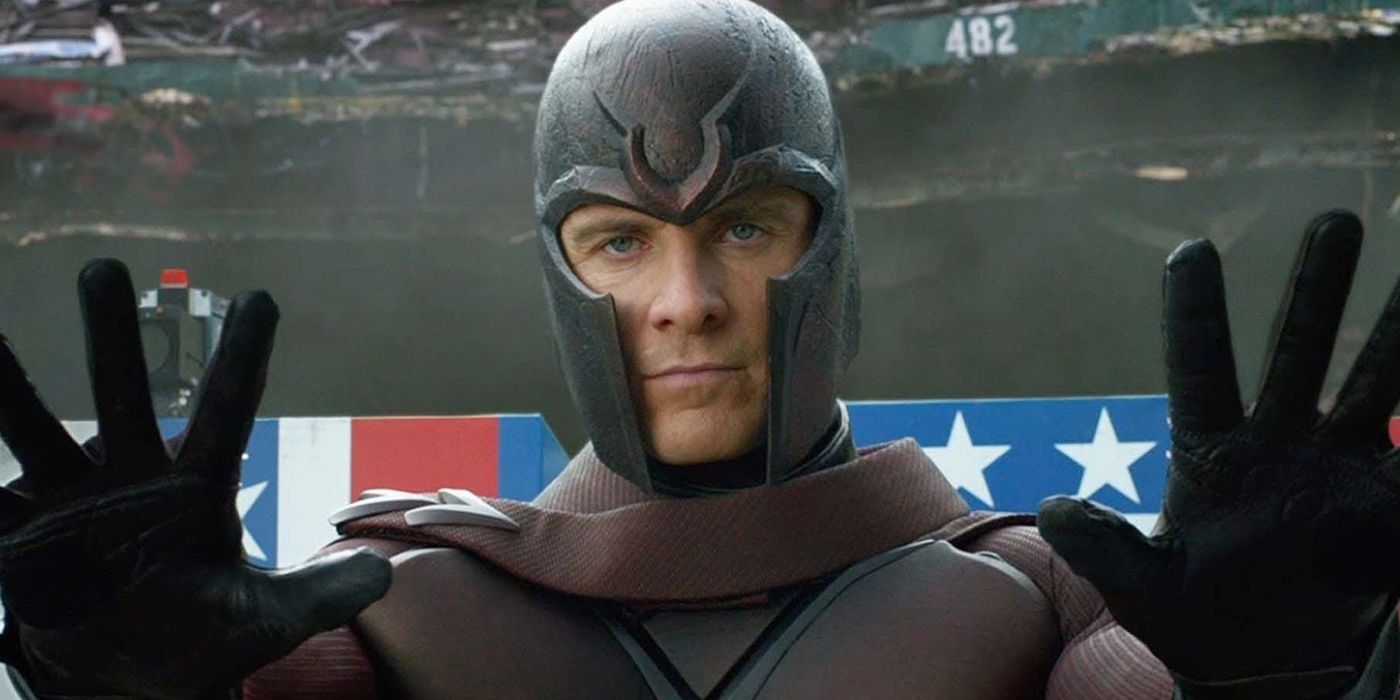
-16.jpg)
-13.jpg)